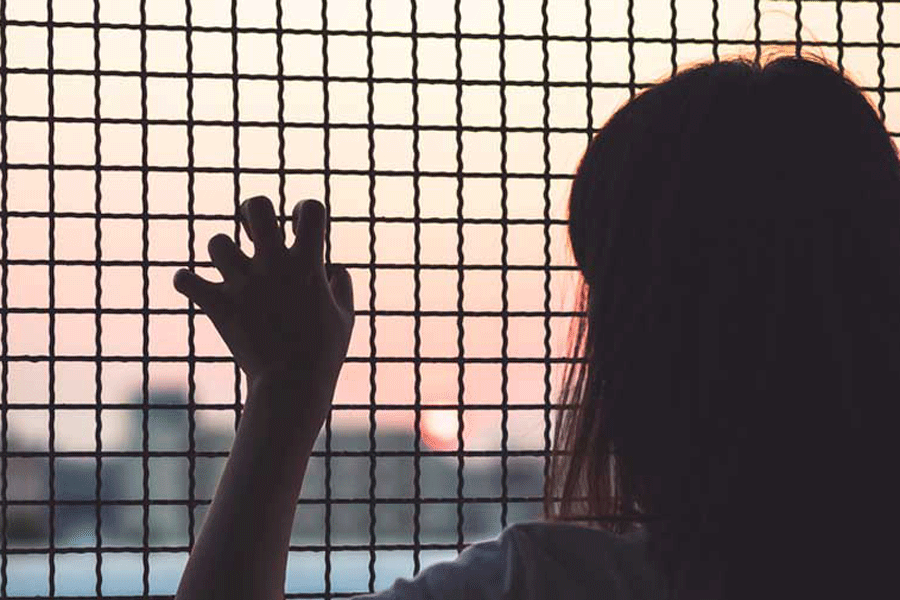Some searing questions on freedom, or the lack of it, marked a modest programme to mark the 77th Independence Day at a pocket in South 24-Parganas.
The programme was organised by an organisation that fights human trafficking. Women who have escaped from traffickers were among the attendees, as were women who were rescued from brothels by police and social workers.
But only rescue means little for these women, who have to fight stigma daily.
A number of trafficking survivors addressed the audience after the Tricolour was hoisted at the programme, organised near Canning railway station, around 60km from the heart of Kolkata and the gateway to the Sunderbans.
“What is the meaning of Independence if there is no freedom to live a life of dignity? Does it only mean hoisting the flag and distributing samosas and jalebis,” asked a 28-year-old woman.
“Our foreign masters have left. But our own countrymen are torturing us. I was trapped, confined and tortured for months. My tormentors were not foreigners. I am not only speaking about myself but for all the women who are treated worse than animals,” said the woman.
A villager from the Canning sub-division of South 24-Parganas, the woman was trafficked to Budhwar Peth, a red-light district in Pune, in 2014. A local youth who befriended the woman had offered her a paan (betel leaf) that was spiked. She was rescued in a police raid after six months.
A case has been filed and an alleged trafficker has been arrested.
“Police officers were impressed by her courage. At the identification parade, she identified her trafficker. But the man said he had never met her. The woman then pointed towards six fingers on the right hand of the man. She had remembered the anomaly,” said Pompa Ghosh, a social worker with Goranbose Gram Bikas Kendra (GGBK), an NGO that works with trafficking survivors and the organisers of the Independence Day programme.
On Tuesday, the survivor had come to the ceremony with her 18-month- old daughter. The woman is part of a collective of survivors who campaign in schools to fight trafficking.
A 22-year-old woman, another speaker, talked about the lack of freedom from stigma.
“Many girls are trafficked before they have finished school. When they come back, they are often forced out of the education system. If they go back to school, they are harassed by classmates, and, often, by teachers. Where is the freedom that we are celebrating?” said the woman, who campaigns in schools and colleges where she talks about the perils of child marriage and the importance of educating girls.
She escaped from the clutches of traffickers in 2015, when she was a minor.
“She was offered spiked jhalmuri by a neighbourhood youth on her way back from school. When she came to, she was on a Delhi-bound train.... Sensing the right opportunity, she got off the train and sought the help of a railway official,” said Ghosh, the social worker.
At the Independence Day programme, the 22-year-old talked about financial independence.
“If the survivors have a steady income, many of their problems would get solved automatically. Financial independence is the key to a life of dignity,” said the woman, who has completed her graduation and gives private tuition to children.
Kakali Das of GGBK said the speeches by the survivors were an “indication of progress”.
“Earlier, these women were too shy to speak. But now, they have summoned the courage for public speaking,” she said.
